Table of Contents
Shocking new research into reusable plastic bottles contaminating drinking water in Malta has appeared quite recently and is of concern to anyone who regularly fills up their plastic water bottle before school, college, university or when going to the gym.
Reusable plastic bottles commonly used in Malta
Many people in Malta using reusable plastic bottles will be concerned at keeping them clean and fresh and may run them through the dishwasher under the illusion that this is safe to do so. The research suggests the contamination is worse after dishwashing.
But reusable plastic bottles are seen in Malta in use all year round, often in an attempt to use less single use plastic bottles. However maybe the dangers of using these bottles have been underestimated.
New research into the migration chemical compounds into drinking water
The recent research released by two chemists at the University of Copenhagen showed the hundreds of chemicals were released into the drinking water that could not have been there from the starting water.
The chemicals released are plastic related chemicals and the study was able to be conducted due to new analytical methods with mass spectrometry to test the water.
In the study the following containers were tested after holding water for 24hrs:
- New plastic reusable water bottles
- Used plastic reusable bottles that had been used for 1 year
- Dishwasher washed reusable plastic bottles ( dishwasher tablets used)
- Glass bottles used as a control

Image credit: Selina Tisler & Jan H Christensen in "Non-target screening for the identification of migrating compounds from reusable plastic bottles into drinking water"
If you have ever experienced your drinking water in Malta when using a reusable plastic water bottle as tasting "off" or "like plastic" especially when its warm, then finally you have a study that explains what is going on.
The results of the study showed that:
- Over 400 chemical compounds had leached into drinking water from new reusable plastic bottles
- Older plastic bottles had higher levels of chemical compounds in the water
- Plastic bottles after a dishwasher cycle had up to 3,500 chemical compounds in the water.
the study used glass bottles as the base test and so the difference between glass container storage and the plastic bottles was what was being measured.
The study also took into account the rinsing of bottles after dishwasher use in order to mimic typical consumer behaviour.
What kind of chemicals are found in water from plastic bottles?
Many of the chemical compounds are related to plasticizers, this gives the plastic bottles it's flexibility a characteristic that seems useful when your squeezing your plastic bottle to get the water to flow.
Other compounds were related to "slip agents", these are like greasing a baking tray and used in production so the plastic bottles come out of the moulds easily.
Most concerning, the study suggested, were the "photoinitiators" (small molecules that are sensitive to light and produce other compounds) , often used in the inks and colourings used, as these have potential endocrine disrupting effects which are adverse to human health.
DEET, an insect repellent was also found in some of the samples.
In the dishwasher test some of the compounds found were related to dishwasher soap also.
Heat is one major issue for plastic bottles
Heat has been found to increase the amount of leaching from plastic bottles into the water. Here in Malta this is a major concern as our weather is on the warm side, and occasionally very hot. This is exactly the time we are carrying and storing water to drink, and if you are doing that in reusable plastic bottles then this study will be of a concern to you.
The worrying conclusion
The studies concluded that more analytical research is needed to identify and quantify the unknown compounds found in the study.
But the writers concluded with
The study raises the question whether plastic bottles are suitable for re-use, especially when they are labelled as biodegradable plastic. The study emphasizes that the production of biodegradable plastic bottles does not mean that the bottles are necessarily made of natural occurring compounds. Instead, it can be speculated that plasticizers will migrate more easily into the consumers drinking water when the biodegradable plastic bottles slowly degrade during use.
Action you can take now
In the absence of further research it may well be a strong consideration to avoid using reusable plastic bottles for you and your family.
The best alternatives are:
- A glass bottle, perhaps covered in a protective outer
- Stainless steel, BPA free bottle
- The TAPP BottlePro, a water bottle with integrated filter inside.











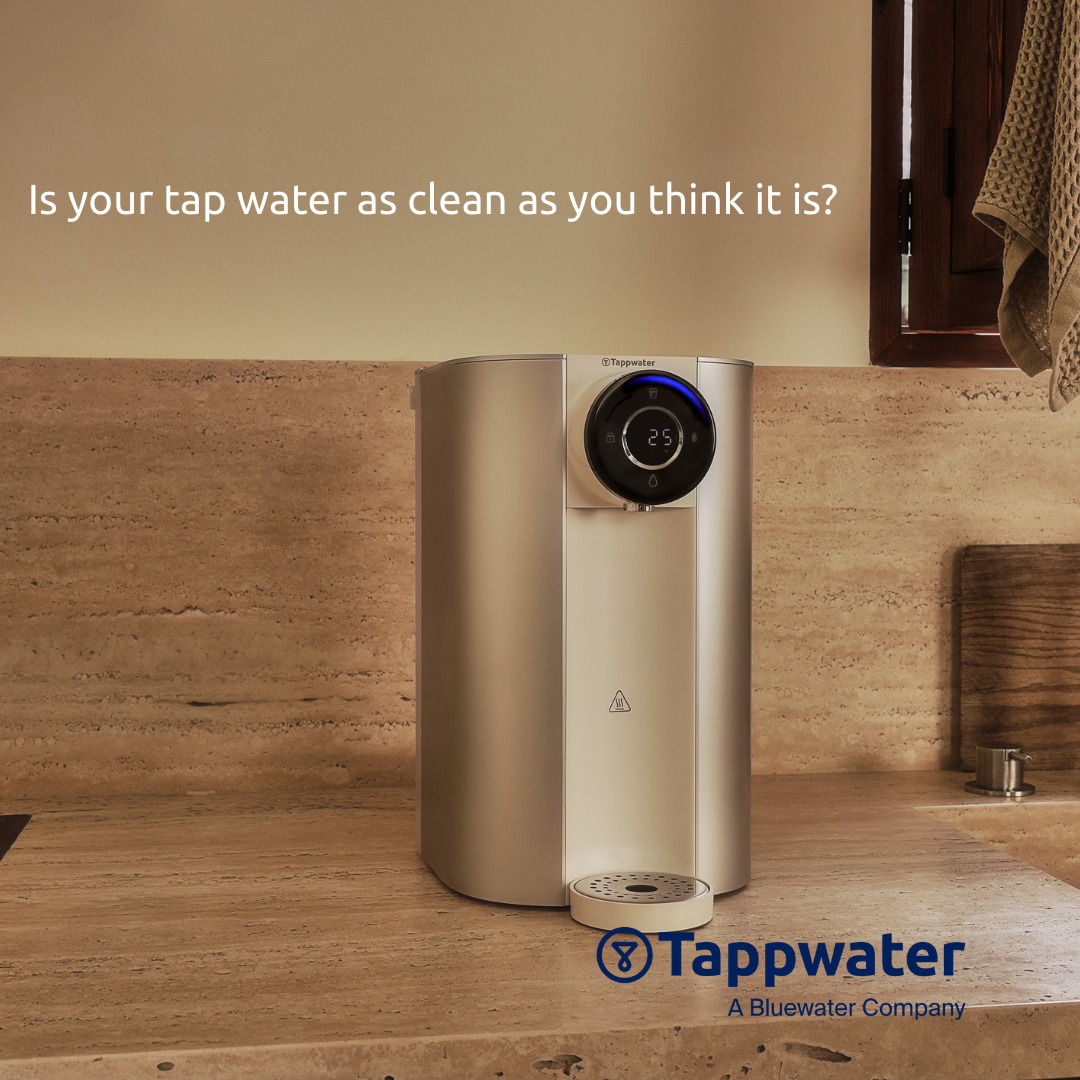

![[WATCH] Malta's Tap Water Challenge: The Tappwater Solution. A Look at the Science, the Tests, and the Deliciously Clean Results.](http://tappwater.mt/cdn/shop/articles/Why_We_lab_tested_maltas_water_Sqaure.png?v=1756738451&width=1080)
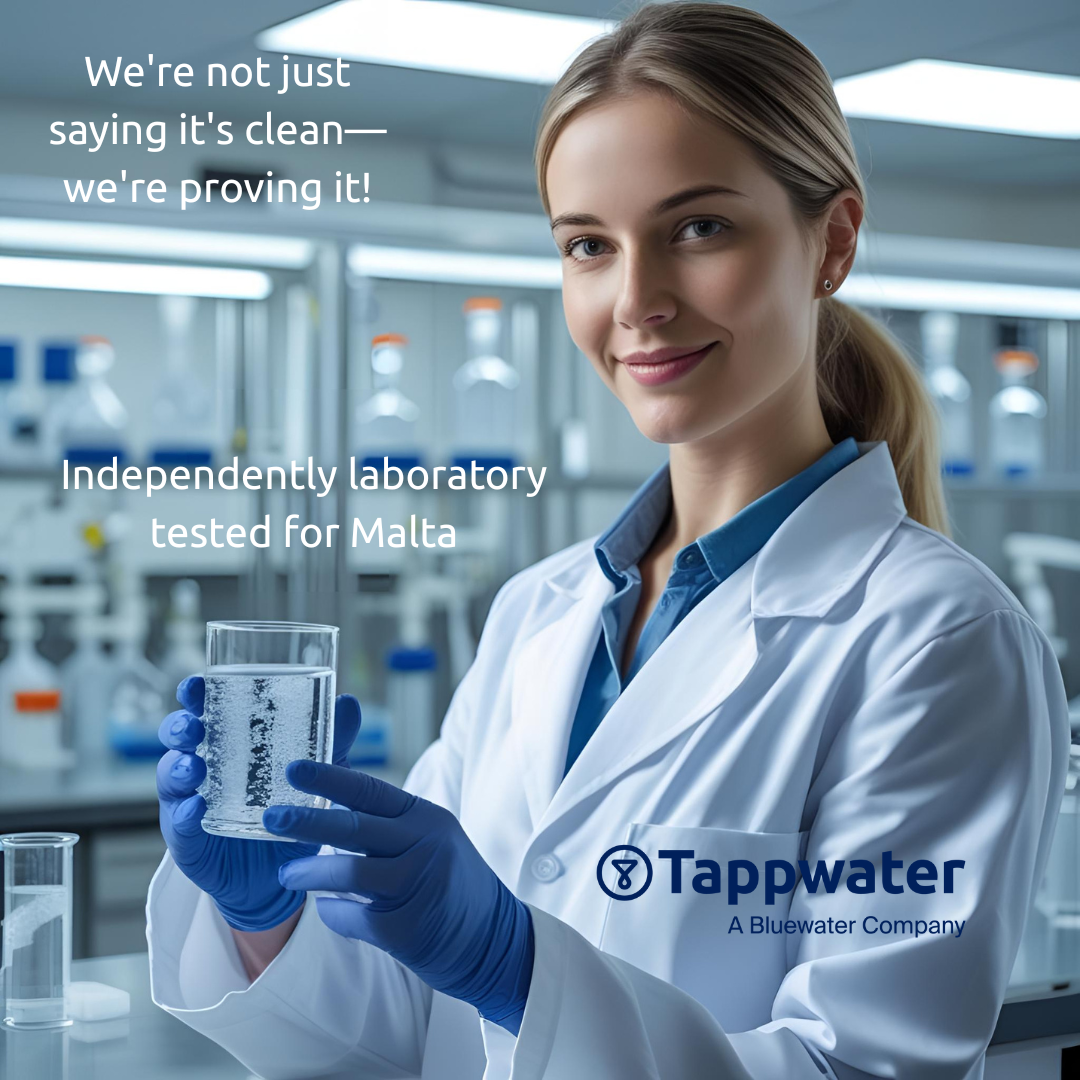
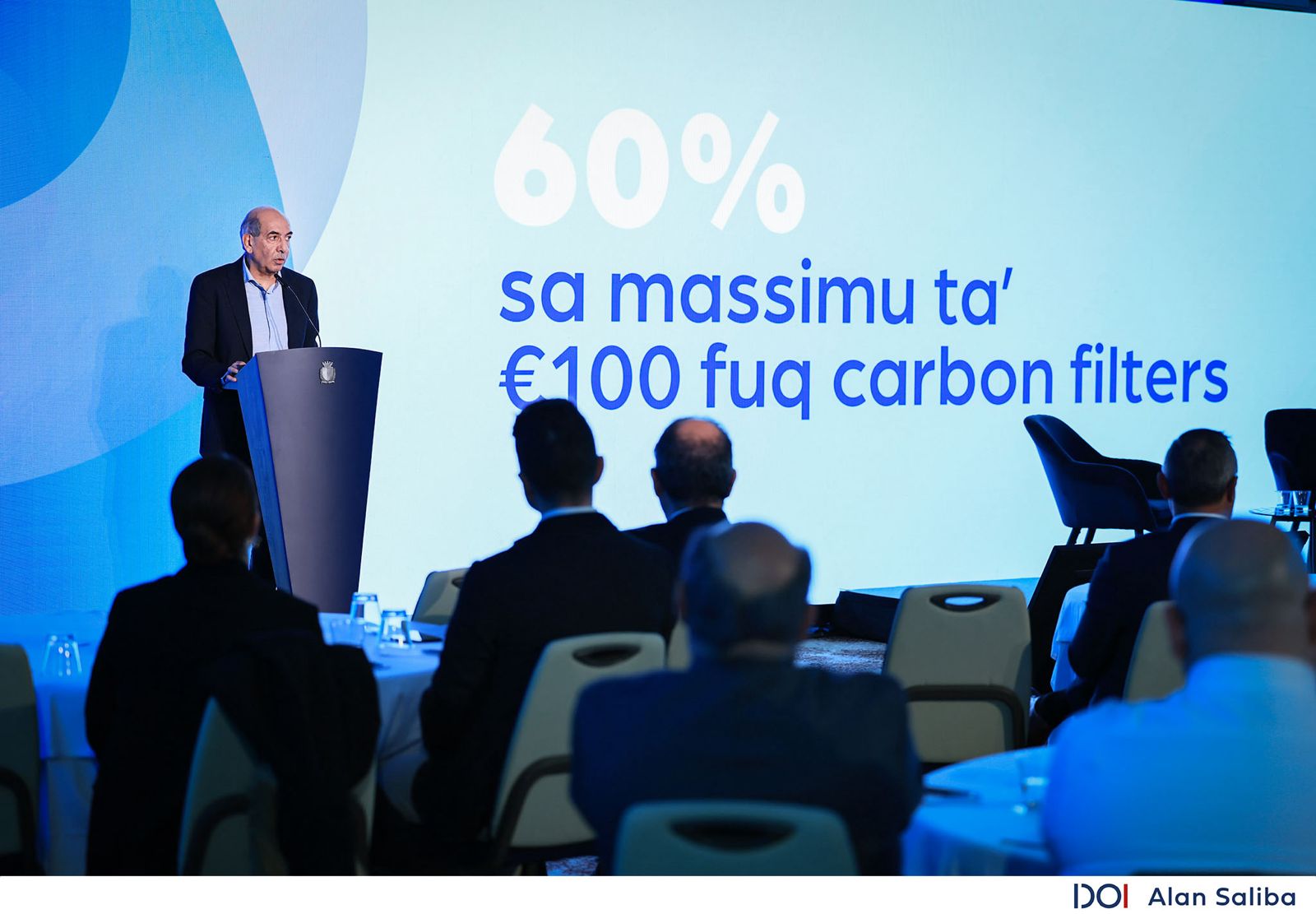
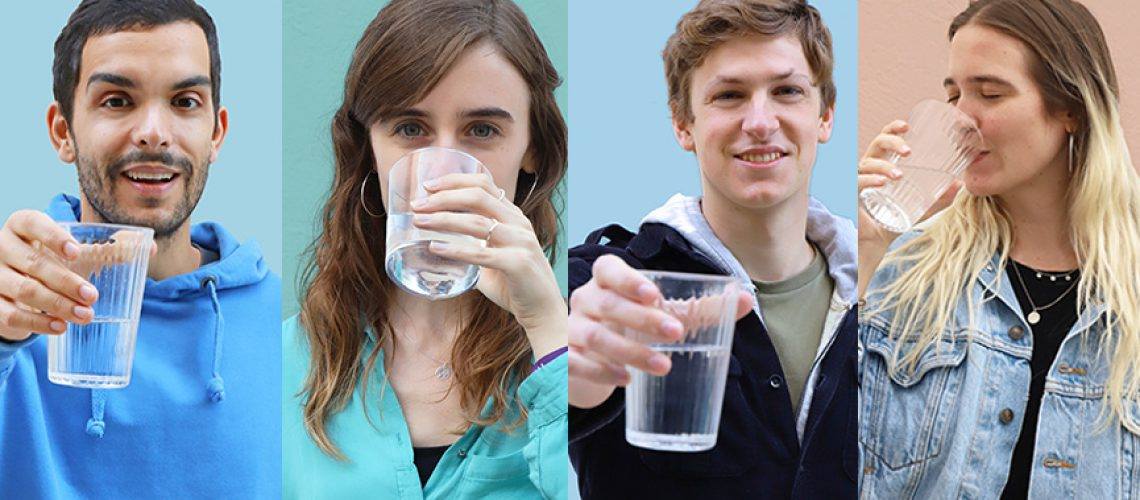
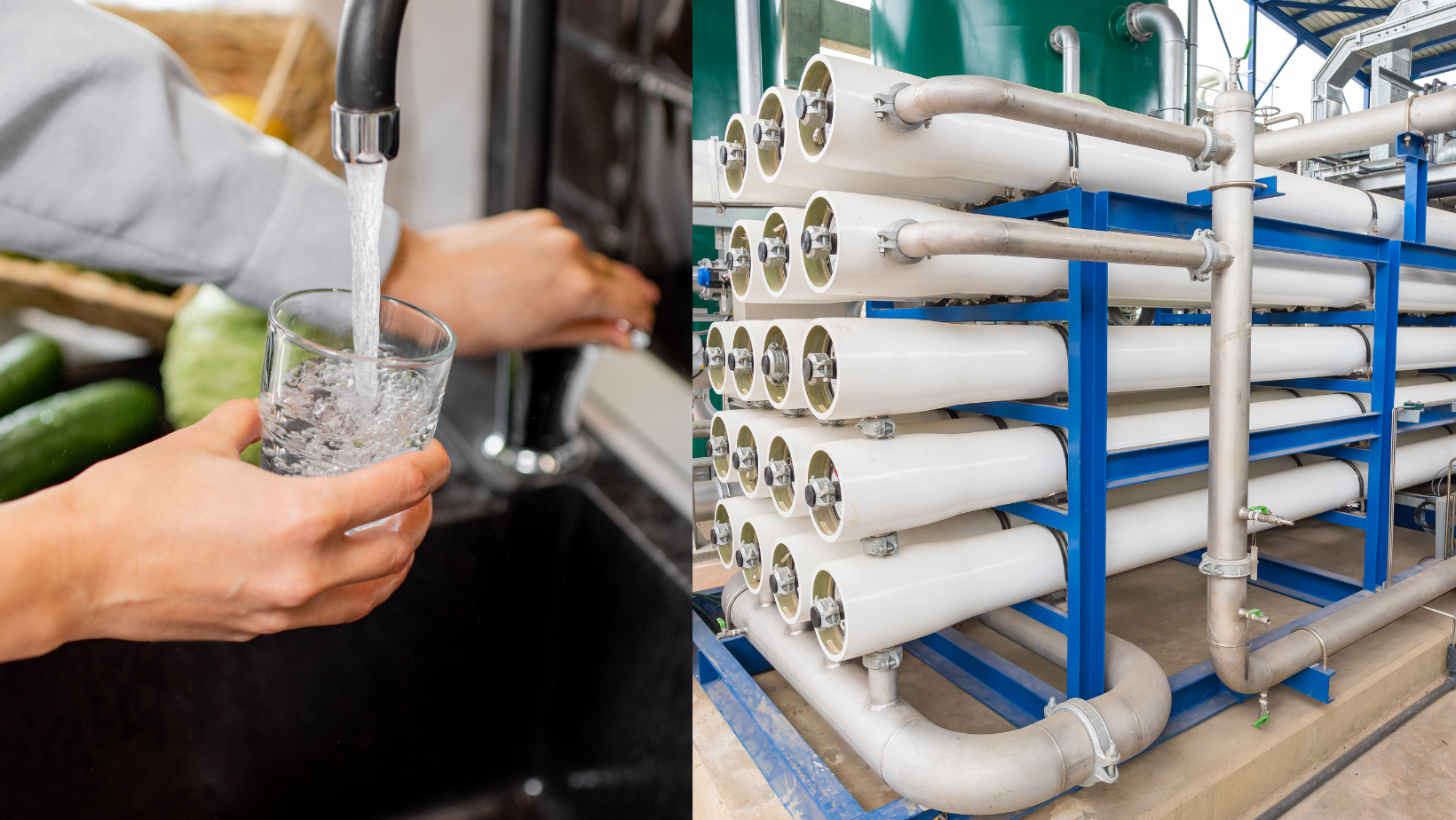
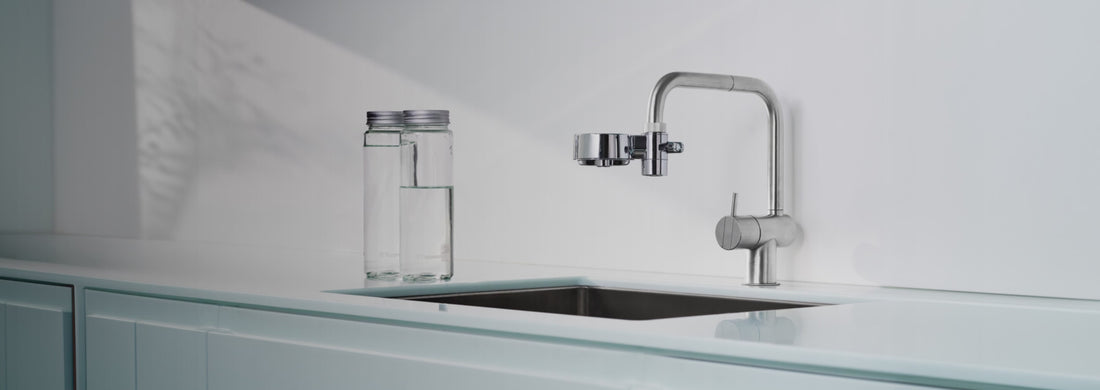

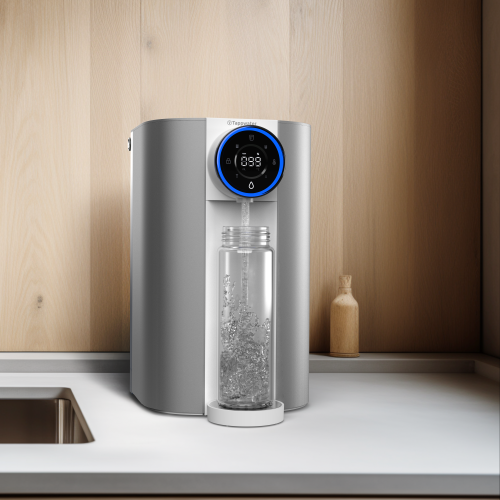
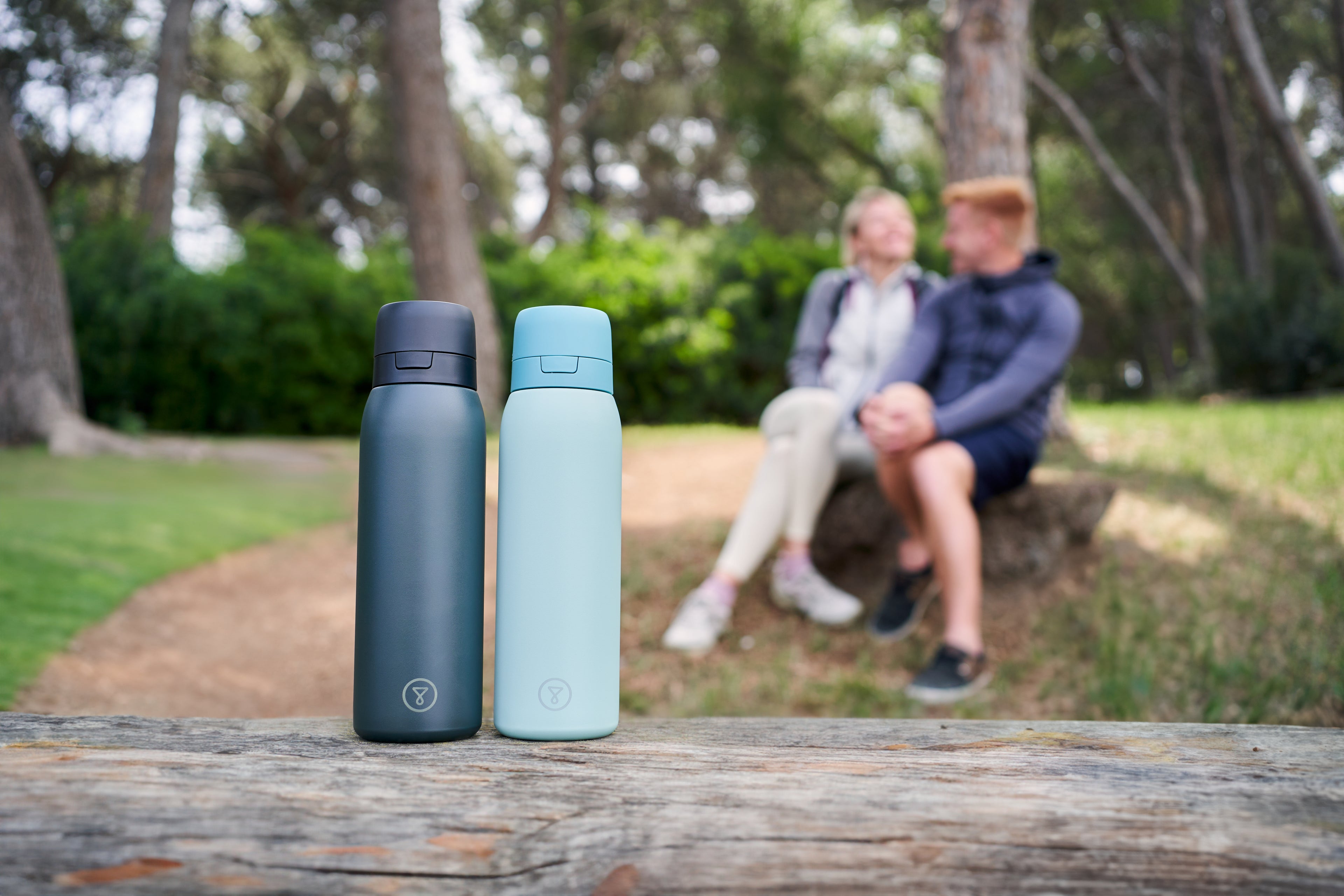
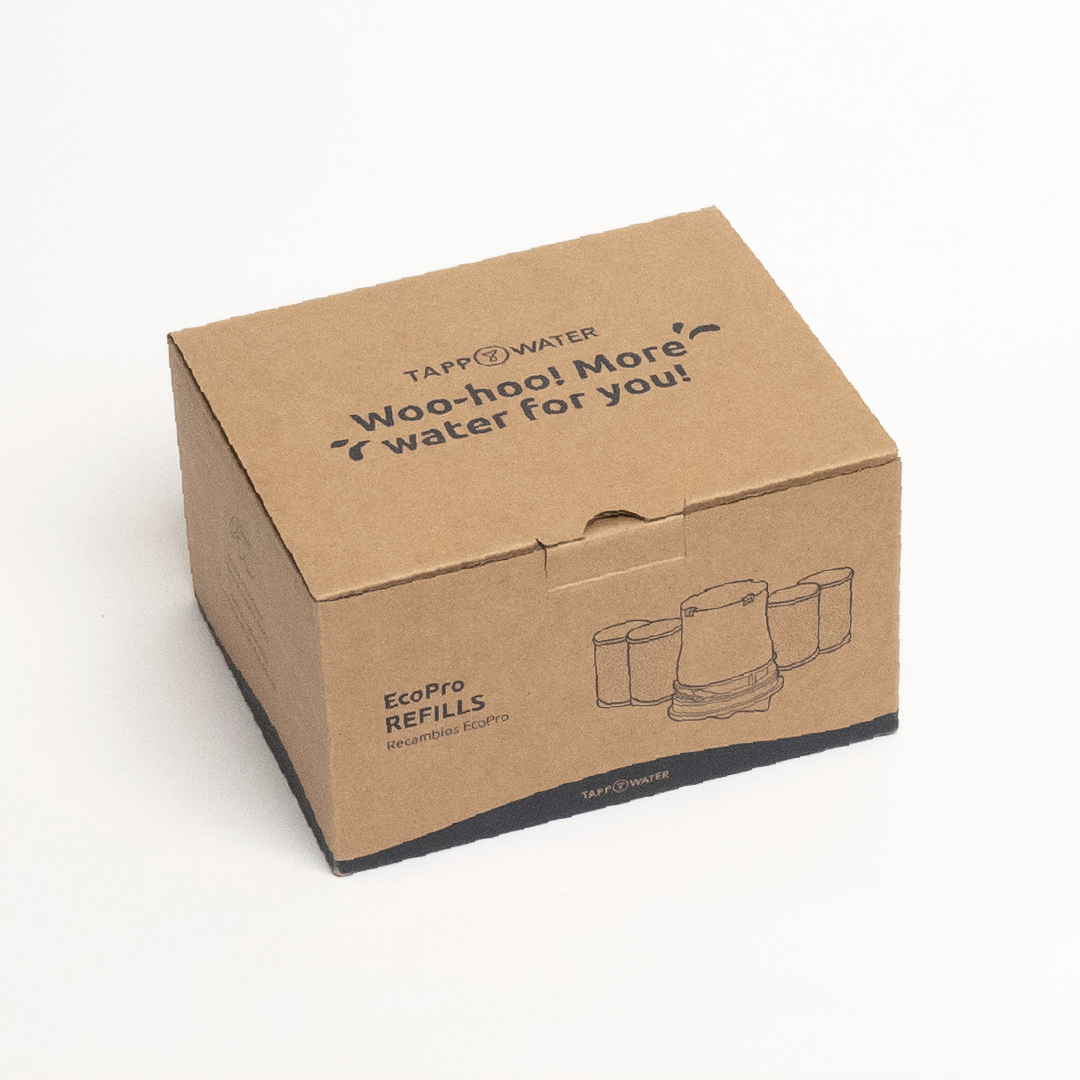
0 comments